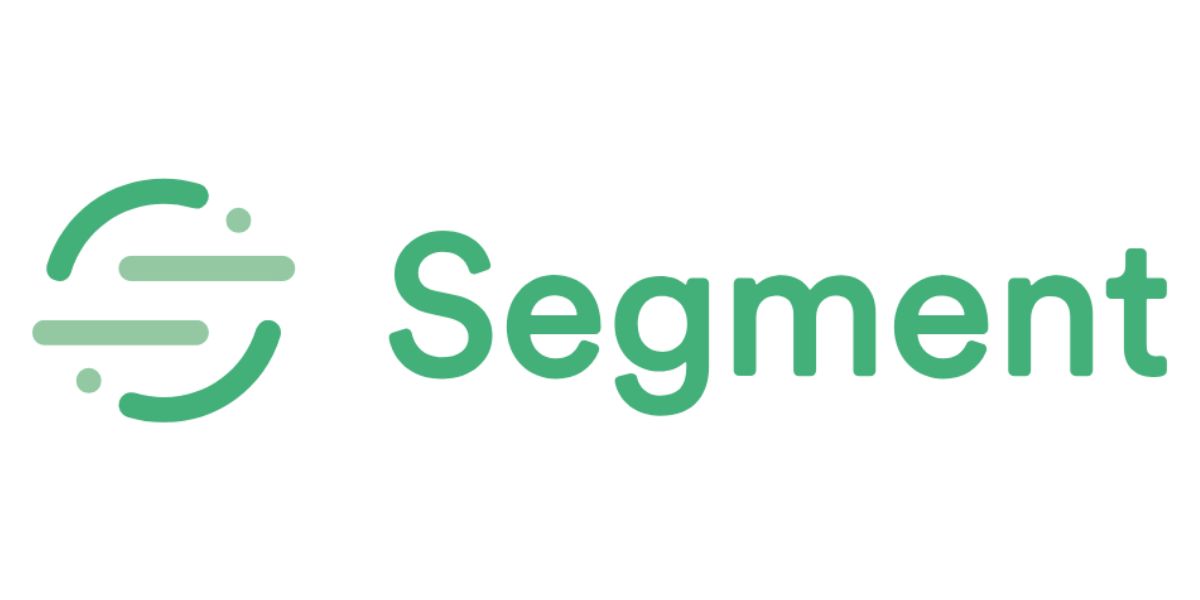2 min read
7 steps to choose a HIPAA compliant cloud computing service
Kirsten Peremore
September 5, 2023

Healthcare organizations deal with highly sensitive patient data, including medical records, personal information, and payment details. If this data falls into the wrong hands, it can lead to a potential HIPAA-related threat or violation.
"Before you can choose the right HIPAA hosting provider," Says Marty Puranik, CEO of HIPAA Compliant Hosting Provider Atlantic.Net, "you must first understand your own risk profile. This internal audit is the foundation of your vendor evaluation process. First, map the complete lifecycle of your electronic Protected Health Information (ePHI)—know exactly where it resides and who can access it. Then, identify every user and system that interacts with that data and scrutinize their access permissions. Only then can you ask a potential provider targeted, meaningful questions about their security controls."
1. Identify specific data needs
When healthcare providers consider moving data and applications to the cloud, it's necessary to assess their specific data requirements and the volume of protected health information (PHI) and other sensitive data involved. This data may include patient medical records, lab results, medical imaging files, treatment plans, progress notes, billing information, insurance details, and other administrative and clinical data. This data should be categorized based on its sensitivity and confidentiality level.
See also: Is texting a HIPAA violation?
2. Research HIPAA-compliant cloud providers
The service provider should explicitly state its compliance with HIPAA regulations, typically offering a Business Associate Agreement (BAA) to define responsibilities. The provider's website and documentation should detail their security measures, including encryption, access controls, audit logging, and regular security audits. It is also beneficial that they have undergone third-party audits or obtained relevant certifications, such as SOC 2 Type II or HITRUST.
3. Request references and case studies
By obtaining references, healthcare organizations can gain insights into the firsthand experiences of other healthcare entities that have used the same cloud service. This feedback can help gauge the provider's performance, customer support, and ability to meet HIPAA requirements.
Case studies, on the other hand, offer real-world examples of how the cloud provider has successfully supported other healthcare organizations in achieving HIPAA compliance and managing sensitive patient data.
These case studies can highlight the provider's expertise in handling healthcare-specific challenges and demonstrate their ability to offer secure and reliable cloud solutions tailored to the healthcare industry's unique needs.
4. Perform due diligence
Performing due diligence is a process that healthcare organizations must undertake when considering a cloud computing service. It involves conducting thorough research and investigation to assess the cloud provider's capabilities, security practices, compliance, and overall suitability for handling sensitive healthcare data.
This could involve reviewing service level agreements (SLAs), considering the provider's financial stability, evaluating customer support and training offerings. Also, know where your data will be stored and the geographic regions where the cloud provider operates. Consider data residency requirements, especially if the country has specific regulations about data storage and transfer that contradict HIPAA.
See also: A deep dive into HIPAA's physical safeguards
5. Conduct a trial period
Conducting a trial period with a potential cloud computing service provider is a step required for healthcare organizations to evaluate the provider's services before committing to a long-term contract. During the trial period, the healthcare organization can test the provider's platform, features, and performance using a subset of their data and applications.
6. Review the business associate agreement (BAA) carefully
The BAA serves as a legally binding contract that establishes the roles and responsibilities of both parties in safeguarding protected health information (PHI). During the review process, healthcare organizations should meticulously examine the BAA to ensure it addresses data security, permitted uses and disclosures of PHI, incident reporting procedures, and the cloud provider's commitment to HIPAA compliance.
Additionally, the BAA should outline provisions related to subcontractors or sub-business associates, data retention and destruction, termination clauses, and notice of any updates or amendments to the agreement.
Subscribe to Paubox Weekly
Every Friday we bring you the most important news from Paubox. Our aim is to make you smarter, faster.




